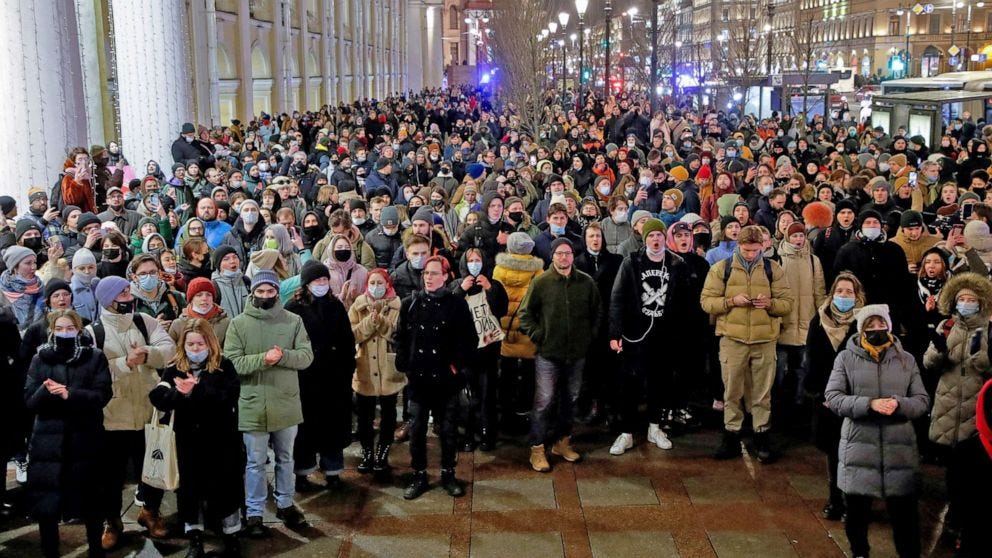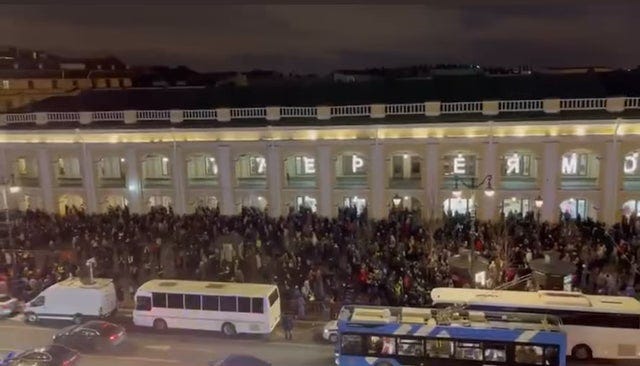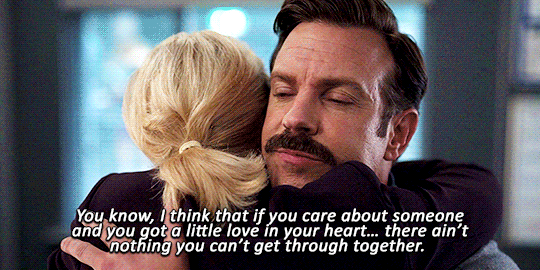Ain't Nothing
30 Days in Istanbul: Day 19
I meditate a lot. An hour in the morning, 30 at night. I know. Think of all the other things I could be doing with that time.
But meditation is my anti-anxiety medication (with zero judgment on anyone who takes actual medication for that purpose). Also, I teach it. Even though some weeks, on the morning of the day I’m teaching, I wake up and think, “The world is imploding, and I feel totally helpless to do anything about it. How am I supposed to talk about meditating today?”
(Usually that thought has a lot more swear words.)
Today was one of those days.
Obviously, instead of dealing with it, I went on social media. I read a story about a woman who bought 20 boxes of tampons for female refugees. The clerk at the pharmacy looked taken a back, so she explained to him that she was buying them for refugees who had fled Ukraine. He bought 20 more boxes to donate. I saw a map of all the places in the world that had taken in Ukrainian refugees. I remembered a story I’d heard on the radio yesterday, about a high school in Poland that volunteers have transformed into a centre to welcome, feed and get help for Ukrainian refugees. (Turns out, there are many.)
“Meditation does not replace action.”
That’s a quote by Sharon Salzberg. It’s one of my favourites. We don’t practice meditation to pretend that nothing bad is happening, or to make the bad things go away. We practice to be real about what is happening, and we practice together to talk about what we can do about it.
I read about about a pop-up shelter in the Polish border town of Medyka, where chef and humanitarian José Andrés has set up food trucks there to offer refugees a warm meal when they arrive after a long, arduous journey. I read about how a dozen phone providers are either providing free international calls to Ukraine or are scrapping roaming charges there, and how Poland’s largest food retailer said it would hire family members of its 1,800 Ukrainian employees, who would each receive a 1,000 zloty ($233) grant. I also read about how, at another reception centre near the Medyka border crossing, a local nun was handing out battery packs and cell phone charging cables to help refugees stay connected.
“A man came and put a big bag of these things in my hand,” she said. “I don’t know exactly how they work, but the refugees here are very grateful.”
I googled the locations of the protests against the war, and found photos from Melbourne, Lisbon, Barcelona, Hiroshima, New Delhi, Sri Lanka, Bangkok, Istanbul, Washington, Ottawa. Perhaps most importantly, I saw photos of the seas of people protesting in Russia.
All of that research took 20 minutes. Imagine what else is happening in the world.
If large acts of love start with small ones, I wonder: wouldn’t large acts of hate be the same? Hate starts from a process of dehumanization. It starts from the idea of another human’s fears, struggles, loves, and sadnesses are are not as important as our own. Brene Brown says,
“…dehumanization [is] the primary instrument of violence that has been used in every genocide recorded throughout history. When we engage in dehumanizing rhetoric or promote dehumanizing images, we diminish our own humanity in the process.”
It’s so easy.
Someone doesn’t respond to our text.
We write them off with a story about how they are selfish and don’t care about us.
Really, that person might be struggling under the weight of something we can’t see.
On social media, we point a finger of blame at someone we will never meet and cannot look in the eyes, whose reaction we cannot feel, whose pain we cannot know.
We hear a news story about someone who has caused suffering, and we wish the worst upon that person.
Tiny acts of dehumanization add up. When we believe no one is good, it’s so easy to shut down and stop trying. And tiny acts can be countered with other tiny acts.
I can pick up the phone rather than send a text.
I can ask my neighbour or a new friend if they need anything.
I can, instead of dismissing someone for disagreeing with my views, look them in the eyes and ask about theirs, and truly listen. Listen for their struggle. Listen for their grief, for their fear.
I can, in the words of His Eminence Ted Lasso, tell someone in my life that I appreciate them.
So that’s what we talked about in meditation today. I thought I’d share it, if you’re feeling a bit helpless, too. You aren’t. This is not hopeless. It is not the law of gravity that wars happen and hate happens and divisions happen. It’s not. It is up to us.
Like the great Ted said:






